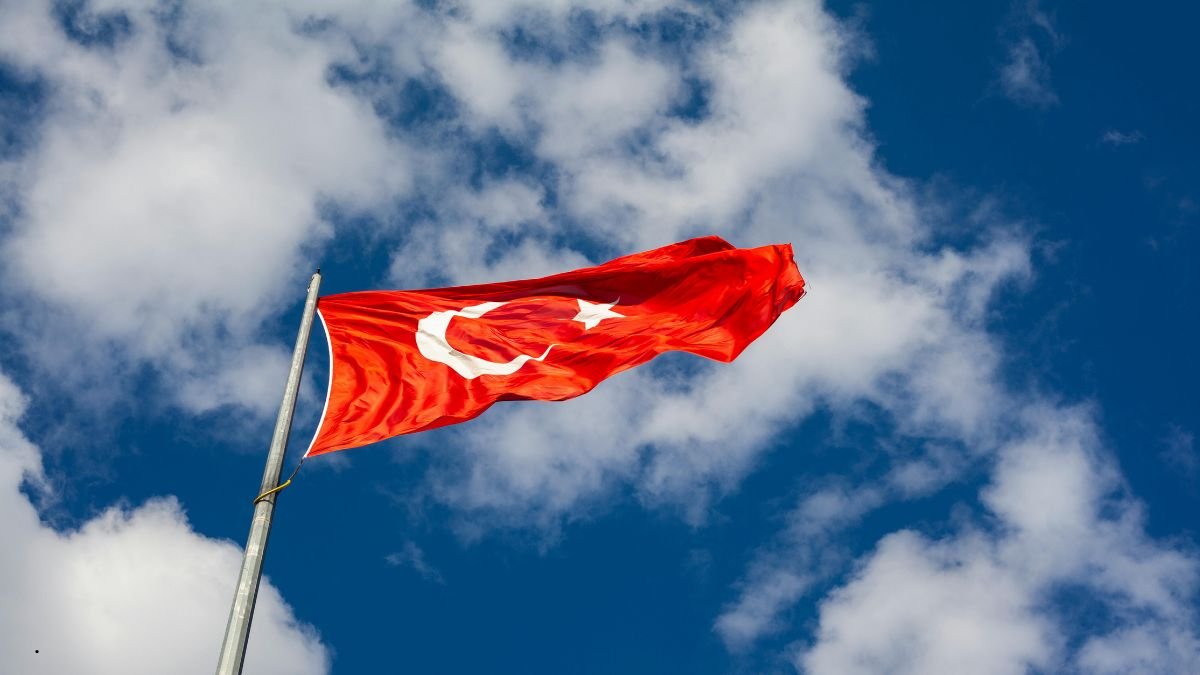Turkey’s Minimum Wage Announcement for Foreigners in 2025
Turkey has just revealed a big boost in the minimum wage for 2025, increasing it by 30% to TL 22,104 (around $630.36) each month. This move, decided by the Minimum Wage Setting Commission, is likely to greatly affect both local and international workers in the country.
Overview of the Minimum Wage Increase
Labor and Social Security Minister Vedat Işıkhan disclosed the new minimum wage during a press conference following the commission’s fourth meeting. This increase marks a notable rise from the previous gross minimum wage of TL 20,000 (around $577), which was set for 2024. After deductions, the net wage for workers was TL 17,002.
The new wage will take effect starting January 1, 2025, and aims to address ongoing economic challenges faced by workers in Turkey. The decision to raise the minimum wage comes amidst a backdrop of fluctuating inflation rates in Turkey.
After experiencing substantial inflation earlier in the year, which peaked at over 47%, there have been signs of easing, with rates dropping to around 48.58% in October 2024. This context has made discussions about wage increases particularly sensitive, as they can influence inflationary pressures further.
Implications for Foreign Workers
Increased Earning Potential
For foreign workers in Turkey, this wage increase is likely to enhance their earning potential significantly. Many foreign nationals work in sectors that often pay at or near the minimum wage level. As a result, this adjustment could improve their standard of living and purchasing power within Turkey.
Cost of Living Considerations
Despite the positive aspects of higher wages, foreign workers must also consider the rising cost of living in Turkey. Inflation has eroded purchasing power over recent years, and while wages are increasing, expenses related to housing, food, and transportation may also rise. Therefore, it remains crucial for workers to evaluate how these changes will affect their overall financial situation.
Attraction of Skilled Workers
The new minimum wage may also encourage employers to seek skilled foreign workers to fill labor shortages in various industries such as manufacturing and tourism. With a higher base pay, Turkey could become a more attractive destination for professionals looking for opportunities abroad.
The Negotiation Process
The determination of the new minimum wage involved extensive negotiations among various stakeholders. The Minimum Wage Determination Commission consists of representatives from labor unions, employer associations, and government officials. During this year’s discussions, labor unions like Türk-Iş advocated for a much higher minimum wage—TL 29,583 (approximately $841)—citing the need to keep pace with inflation and living costs.
However, Türk-Iş boycotted the final meeting due to dissatisfaction with how negotiations were proceeding and what they perceived as inadequate consideration of their demands. This highlights ongoing tensions between labor unions and government policies regarding fair compensation.
Government’s Economic Strategy
The Turkish government’s approach to wage increases is part of a broader strategy aimed at stabilizing the economy while addressing inflation concerns. In recent years, Turkey has implemented several measures intended to control inflation without stifling economic growth. The International Monetary Fund (IMF) has advised against excessive wage hikes that could exacerbate inflationary pressures.
Instead, the IMF has recommended targeted social programs that provide support for low-income households through cash transfers or better-targeted government assistance. Such initiatives could complement wage increases by addressing the root causes of financial strain on workers.
Work Permit Exemptions
In addition to raising the minimum wage, Turkey has introduced new work permit exemptions aimed at attracting skilled foreign talent. These exemptions allow certain individuals to work in Turkey without needing a traditional work permit for up to three years. This policy is designed to enhance flexibility for skilled foreign workers and stimulate economic growth.
The expedited Tech Visa program is another initiative that aims to attract global talent in sectors that require specialized skills. By simplifying entry requirements for skilled professionals, Turkey hopes to bolster its workforce and address gaps in various industries.
Conclusion
The announcement of a 30% increase in Turkey’s minimum wage for 2025 represents a significant step toward improving worker incomes across the board, including for foreign nationals employed within its borders. While this increase offers immediate financial relief and could enhance living standards, it also raises important questions about inflation management and cost-of-living adjustments.
To get internships opportunities check https://techkhabri.com/ home page


